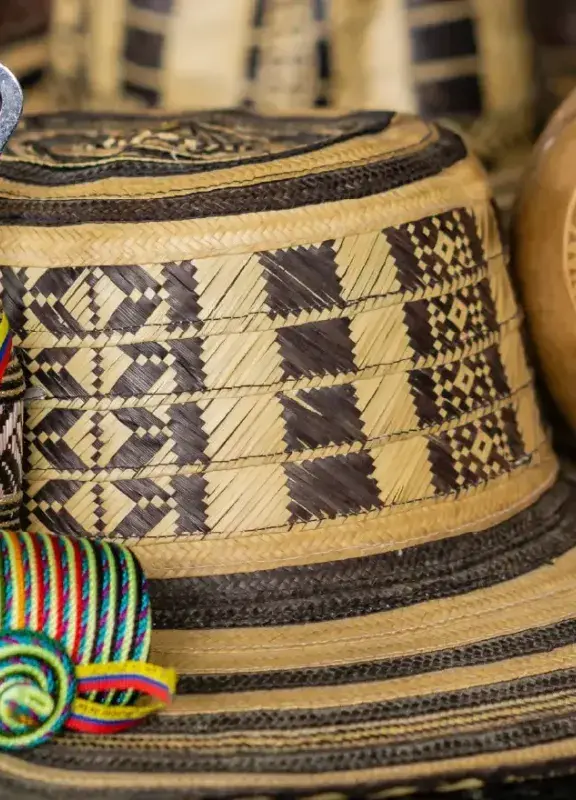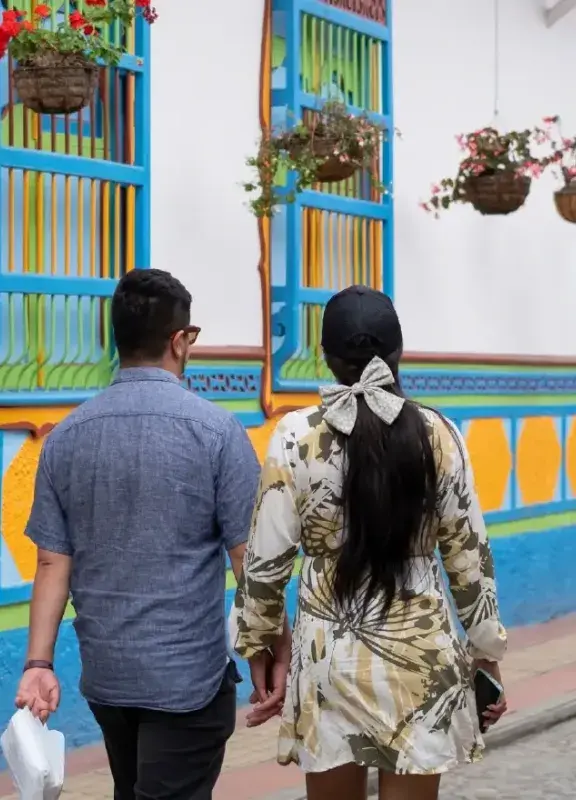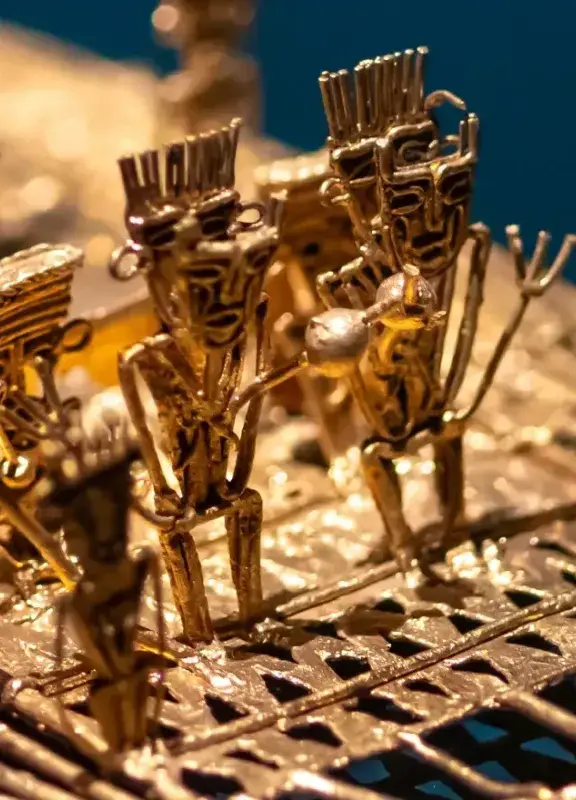Learn the best paisa sayings and words
Discover Colombia's linguistic richness! Explore words and sayings typical of Medellín and the Coffee Region that reflect their identity and cultural warmth.
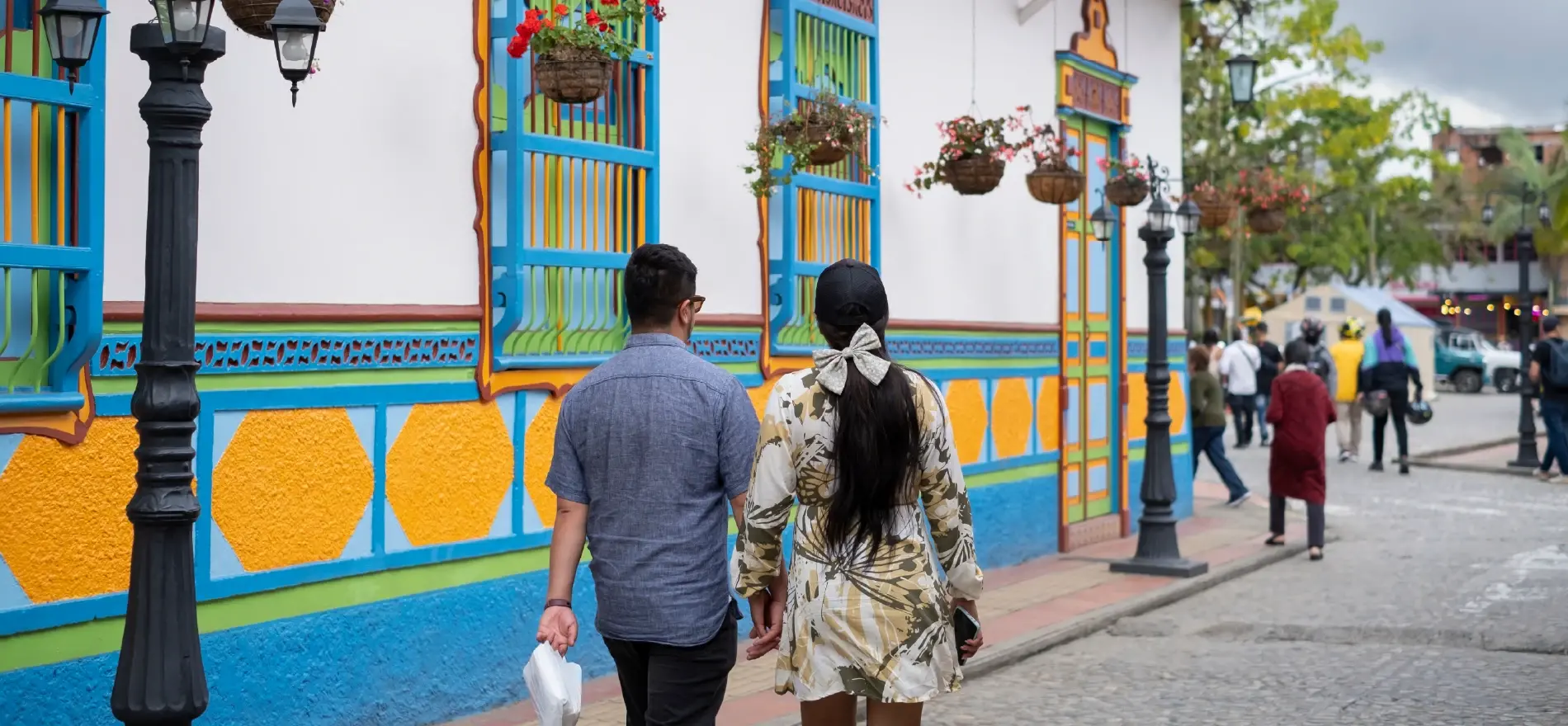
In Medellín and the Eje Cafetero, Spanish blends with a wealth of unique expressions that reflect the identity, humor, and warmth of its people. Below, we share some common paisa words and sayings, which are part of everyday speech and this Colombian accent that showcases the character, language, and essence of this region in the country of beauty.
You might be interested in: Colombia, second-greatest biodiversity in the world
Paisa words
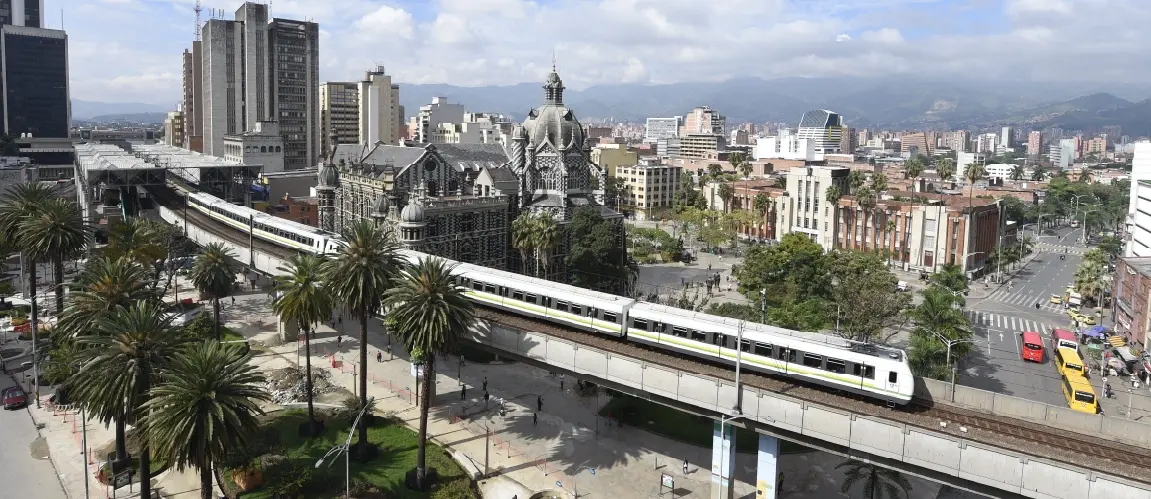
Paisa speech is full of words that reflect the authentic character, directness, and warmth of those living in Medellín and the Eje Cafetero. Words like parcero, parche, visaje, or berraco are part of everyday language. With this brief tour of some of the most representative expressions, you'll get closer to the linguistic richness of these areas of the country.
Parcero
In the paisa region, parcero or its shortened form parce is one of the most representative expressions to refer to a close friend or trusted companion. Used in informal contexts, it conveys closeness and camaraderie. It is so common that it can even be used to address someone in a friendly way, even if there isn’t a close relationship.
Parche
In everyday language, parche refers to a group of friends or the plan shared with them. Thus, going out for a parche means doing something as a group, whether it’s going out, gathering, or just hanging out. From this comes the verb parchar, widely used to talk about informal plans. For example: “Are we going to parche tonight?” or “I was parching with the folks from work.”
Visaje
In paisa speech, visaje is used to describe a strange situation, complicated, or suspicious. It can also refer to an exaggerated gesture or attitude that draws attention. For example, if someone says “That guy showed up with a really weird visaje,” they’re likely talking about something they didn’t like. It’s a very versatile word in everyday language, used to point out unusual behaviors or uncomfortable situations.
Berraco
Among the popular words in Colombian vocabulary, berraco stands out for its versatility in paisa speech. Depending on the context, it can be a compliment or a way to emphasize something. It’s used to describe someone very capable or brave, for example: “That guy is really berraco at what he does,” but it can also express difficulty: “It’s berraco to get that.” Its meaning changes depending on the intention.
Taco
In Medellín and other areas of Antioquia, taco is one of the paisa expressions most commonly used to refer to a traffic jam or congestion. Instead of saying “there’s a lot of traffic,” paisas might say “what a crazy taco” or “I got caught in a taco on the highway.” This word is part of everyday language.
You might be interested in: 20 words that only make sense in Colombia
Paisa sayings
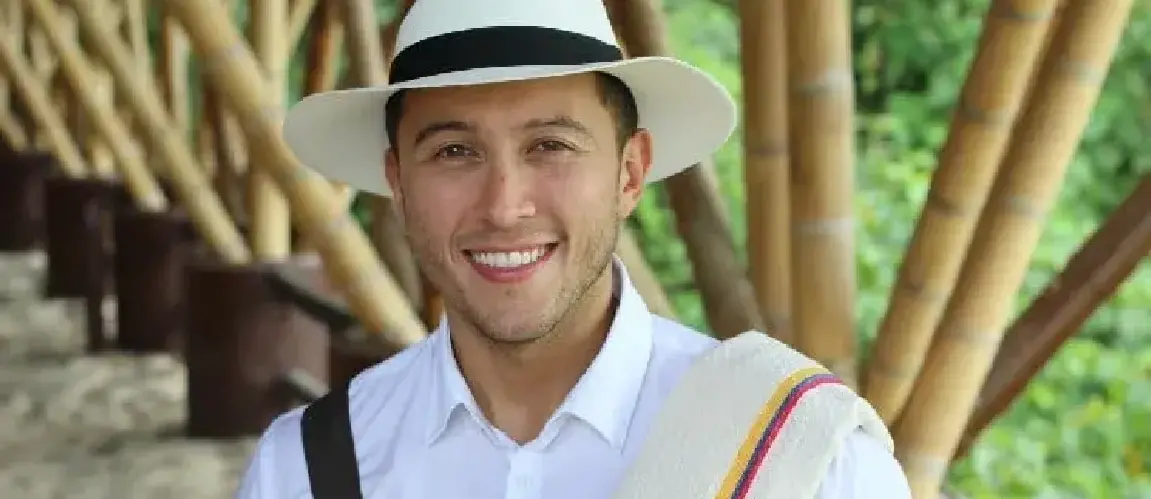
In addition to their unique way of speaking, paisas also stand out for their sayings full of wit and humor. These expressions reflect the region’s ingenuity and are an essential part of its cultural identity. Below, we’ve compiled some of the most well-known paisa sayings, used in everyday conversations.
¡Qué chimba!
Among the Colombian slang most popular in the paisa region, ¡qué chimba! stands out for its frequent use to express admiration, excitement, or pleasure. It’s common to hear phrases like “¡What a chimba that place!” or “¡What a chimba that parche!”, highlighting something positive. In Antioquia, it’s used naturally in everyday language to celebrate something good or pleasantly surprising.
¿Qué hubo?
In the Medellín slang, ¿Qué hubo? or its quicker form ¡Quiubo! is used to greet warmly, especially among friends, family, or acquaintances. It’s a warm and relaxed way of saying “How are you?” or “What’s up?”, very common in everyday conversations in Medellín and the Eje Cafetero. Its use reflects the familiarity and trust so characteristic of the region.
¿Qué más, todo bien?
This greeting is another of the most common paisa sayings, combining warmth, closeness, and simplicity. ¿Qué más, todo bien? is equivalent to a “How are you?” and is often said when meeting someone or starting a conversation. It’s a typical phrase in everyday language that conveys friendliness and good vibes, reflecting the kind and relaxed nature of the people in Antioquia and the Eje Cafetero.
Estar amañado
Estar amañado is one of those phrases that express well-being and comfort. When someone says “I’m really amañado here,” they mean they feel at ease, happy, or well-received in a place or with certain people. It’s a very typical expression in paisa speech, associated with human warmth, hospitality, and the ease with which someone can adapt or enjoy an experience.
¡Vamos a loliar!
In the Colombian context, especially in the paisa region and the Medellín accent, going to loliar means going to a shopping mall or “window shopping.” It’s a common activity among friends or family, similar to “checking things out” or seeing what’s trendy or on sale. It reflects both curiosity and the enjoyment of leisurely browsing stores without the pressure to buy.
You might be interested in: 15 Colombian sayings you should know
 Welcome, you are in
Welcome, you are in 









